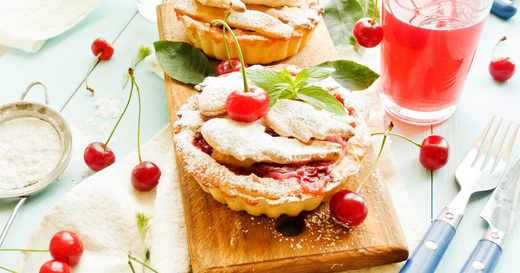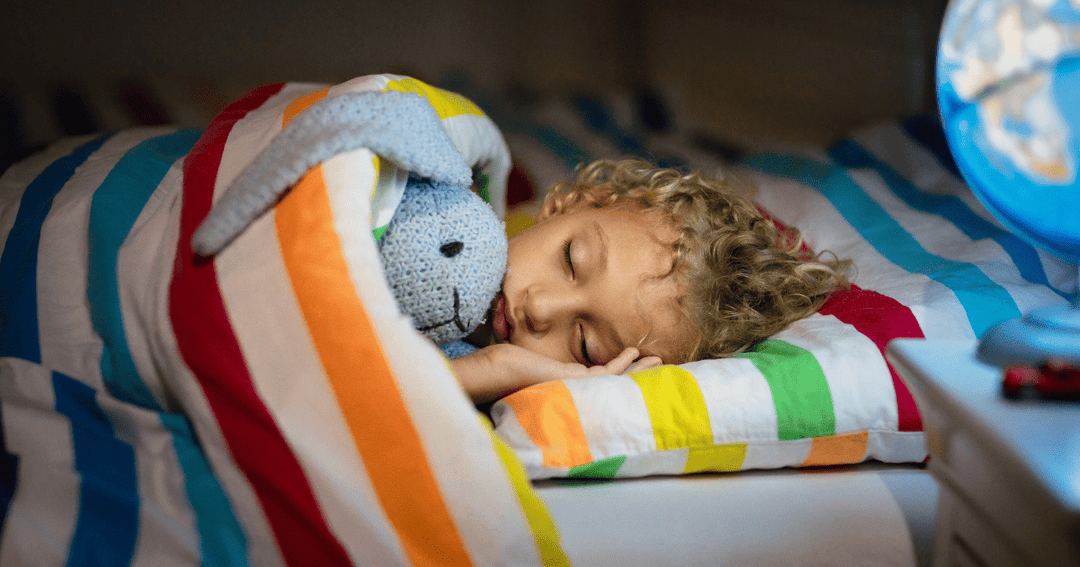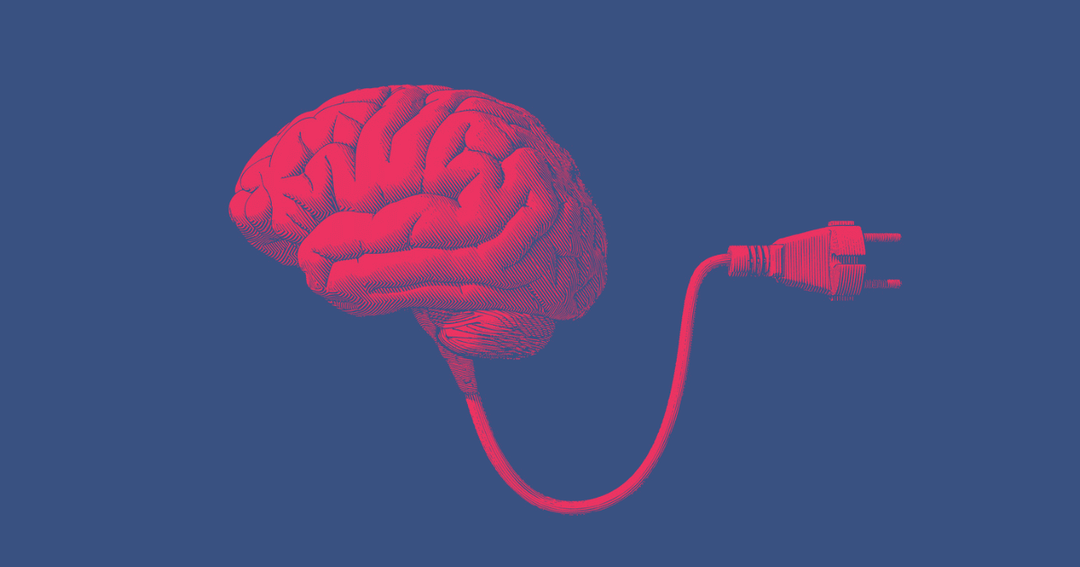Best Foods for Sleep: What to Eat and Avoid Before Bed

Many of us have our own rituals when it comes to getting ready for bed. For some, it's a calming cup of tea, while others might opt for a light snack. What you eat, and when, can significantly impact how easily you fall asleep and how well you sleep through the night. Certain foods and nutrients can encourage relaxation and sleepiness, while others can increase alertness and hinder sleep. Knowing what to include and what to avoid can help you plan your meals and bedtime snacks for a more restful night. For added support in optimizing your sleep, a natural supplement like Sip2Sleep® can be beneficial.
Here, we'll explore the best and worst foods to consume before bed based on scientific research and recommendations from experts.
Foods That Help You Sleep Better
Specific nutrients and hormones play a critical role in promoting sleep. Tryptophan, found in foods like turkey and fish, aids in the production of serotonin, a calming neurotransmitter. Melatonin (found in tart cherries) also encourages sleepiness and regulates your sleep-wake cycle or circadian rhythm, and both potassium and magnesium (found in almonds, bananas) help to relax muscles. Additionally, certain herbs found in teas like chamomile are also considered sleep-inducing.
Here are some beneficial evening snacks to help you fall asleep:
-
Tart Cherries: A natural source of melatonin that helps regulate your sleep-wake cycle. Studies show that drinking tart cherry juice, with its delightful tangy taste, can improve sleep quality and duration in people with insomnia, thanks to melatonin’s role in preparing the body for sleep. [1] Additionally, a study in older adults found that tart cherry juice supplementation increased total sleep time by 84 minutes. [2]
-
Almonds: Rich in magnesium, which promotes muscle relaxation and can improve sleep efficiency. These crunchy nuts have a calming effect on the nervous system and, as studies have shown, may improve both the time it takes to fall asleep and the overall sleep quality; a clinical trial found that magnesium supplementation significantly increased total sleep time in insomniacs. [3]
-
Turkey (or Lean Protein) on Whole Grain Crackers: Provides tryptophan, which contributes to the production of serotonin and melatonin, both essential for relaxation and sleep. A few slices of delicious turkey can help promote feelings of relaxation and are important for the sleep-wake cycle; studies highlight that combining tryptophan with carbohydrates improves its effectiveness in producing serotonin. [4]
-
Salmon: Loaded with omega-3 fatty acids and vitamin D, which have been shown to positively influence sleep regulation and improve quality. A flavorful piece of salmon has omega-3s that have been found to help regulate sleep, and vitamin D is known to help regulate the body’s circadian rhythm and sleep quality, as detailed in a review in Sleep Medicine Reviews, emphasizing their interconnectedness. [5] [6]
-
Kiwi: Contains serotonin, which promotes relaxation, and has been proven to improve sleep onset, duration, and efficiency. These tangy fruits have studies that have shown that serotonin plays a key role in relaxation and sleep quality, and one such study found that those who consumed kiwis before bed had significantly improved sleep onset, duration, and efficiency. [7]
Having dinners featuring lean proteins and complex carbohydrates can also set you up for a better night’s sleep.
As for whether you should eat before bed, research indicates that a nighttime snack can be beneficial, especially if it's one that's been mentioned above. Complex carbohydrates can help stabilize blood sugar and promote consistent sleep, while protein offers tryptophan.
Read More: Does Sleep Affect Digestion? (And Vice Versa?)
Foods to Avoid Before Bed
Carbs and saturated fats are some of the foods to avoid before going to bed. They can reduce serotonin levels and can be difficult to digest, potentially disrupting your sleep. That means avoiding foods like sweets, sugary snacks, fast foods, and anything with caffeine (soda, coffee, dark chocolate). Although alcohol can initially make you feel drowsy, it can also disrupt your sleep cycle later on. Additionally, avoid spicy foods as they can cause indigestion and heartburn, waking you up throughout the night, according to multiple sleep studies. [8]
How Late Can You Have Caffeine?
Caffeine impacts everyone differently and can linger in your system for several hours. Caffeine should be avoided in the hours leading up to bedtime, with more sensitive individuals being more aware of their intake even in the early afternoon. As shared in a recent systematic review in Sleep Medicine Reviews [9], even a small dose of caffeine can lead to sleep disruption, depending on how your body metabolizes caffeine.
Ultimately, maintaining a well-balanced diet with plenty of fruits and vegetables, lean proteins, and complex carbohydrates during all meals can help promote healthy sleep patterns, making it easier for you to fall asleep or staying asleep and wake up feeling refreshed.
Read More: 5 Natural Ways to Enhance Your Sleep Quality
Supporting Your Sleep Naturally
For extra support, consider Sip2Sleep®, a natural sleep aid containing Montmorency tart cherry extract, known for containing natural precursors to melatonin, and Rafuma leaf, which promotes relaxation. These ingredients work together to support your body's natural sleep-wake cycle, helping you fall asleep faster and enjoy more restful sleep without the side effects associated with traditional sleep aids or OTC sleep medicines.
In our July 2023 clinical study, Sip2Sleep® was shown to improve sleep quality, enhance daytime alertness, and reduce insomnia severity, demonstrating its effectiveness as a natural solution to promote better overall sleep health.
The Bottom Line
The choices you make about what you eat before bed can profoundly impact the quality of your sleep. Incorporating sleep-promoting foods and avoiding those that can cause disruption can greatly improve your well-being. Remember to experiment with these suggestions to find what works best for your body, and you'll be on the path to a more restful sleep. And don't forget to take 1 to 3 droppers of Sip2Sleep® to help you fall asleep faster at night.
Disclaimer: This article is intended for educational purposes only and should not be taken as medical advice. Please consult with a healthcare professional for any specific health concerns or before making changes to your diet or sleep routine.
References:
-
Losso JN, Finley JW, Karki N, Liu AG, Prudente A, Tipton R, Yu Y, Greenway FL. Pilot Study of the Tart Cherry Juice for the Treatment of Insomnia and Investigation of Mechanisms. Am J Ther. 2018 Mar/Apr;25(2):e194-e201. doi: 10.1097/MJT.0000000000000584. PMID: 28901958; PMCID: PMC5617749.
-
Pigeon WR, Carr M, Gorman C, Perlis ML. Effects of a tart cherry juice beverage on the sleep of older adults with insomnia: a pilot study. J Med Food. 2010 Jun;13(3):579-83. doi: 10.1089/jmf.2009.0096. PMID: 20438325; PMCID: PMC3133468.
-
Arab A, Rafie N, Amani R, Shirani F. The Role of Magnesium in Sleep Health: a Systematic Review of Available Literature. Biol Trace Elem Res. 2023 Jan;201(1):121-128. doi: 10.1007/s12011-022-03162-1. Epub 2022 Feb 19. PMID: 35184264.
-
Jenkins TA, Nguyen JC, Polglaze KE, Bertrand PP. Influence of Tryptophan and Serotonin on Mood and Cognition with a Possible Role of the Gut-Brain Axis. Nutrients. 2016 Jan 20;8(1):56. doi: 10.3390/nu8010056. PMID: 26805875; PMCID: PMC4728667.
-
The Impact of Omega-3 on Improving Sleep Quality: A Systematic Review of Current Clinical Research. (2024). Principles and Practice of Clinical Research, 9(4). https://doi.org/10.21801/ppcrj.2023.94.5
-
Mirzaei-Azandaryani Z, Abdolalipour S, Mirghafourvand M. The effect of vitamin D on sleep quality: A systematic review and meta-analysis. Nutrition and Health. 2022;28(4):515-526. doi:10.1177/02601060221082367
-
Lin HH, Tsai PS, Fang SC, Liu JF. Effect of kiwifruit consumption on sleep quality in adults with sleep problems. Asia Pac J Clin Nutr. 2011;20(2):169-74. PMID: 21669584.
-
St-Onge MP, Mikic A, Pietrolungo CE. Effects of Diet on Sleep Quality. Adv Nutr. 2016 Sep 15;7(5):938-49. doi: 10.3945/an.116.012336. PMID: 27633109; PMCID: PMC5015038.
-
Carissa Gardiner, Jonathon Weakley, Louise M. Burke, Gregory D. Roach, Charli Sargent, Nirav Maniar, Andrew Townshend, Shona L. Halson,
The effect of caffeine on subsequent sleep: A systematic review and meta-analysis,Sleep Medicine Reviews,Volume 69, 2023.







